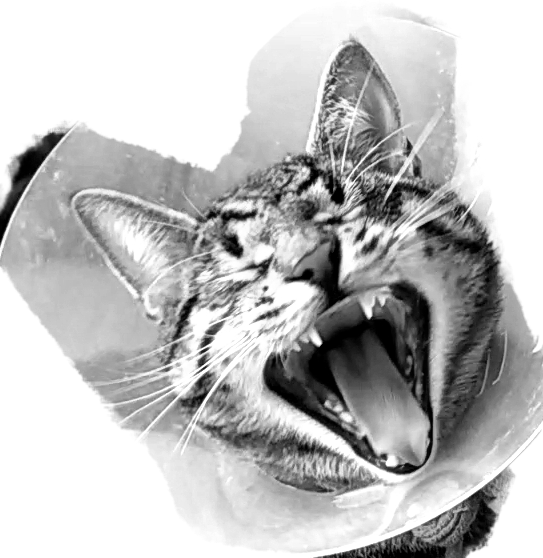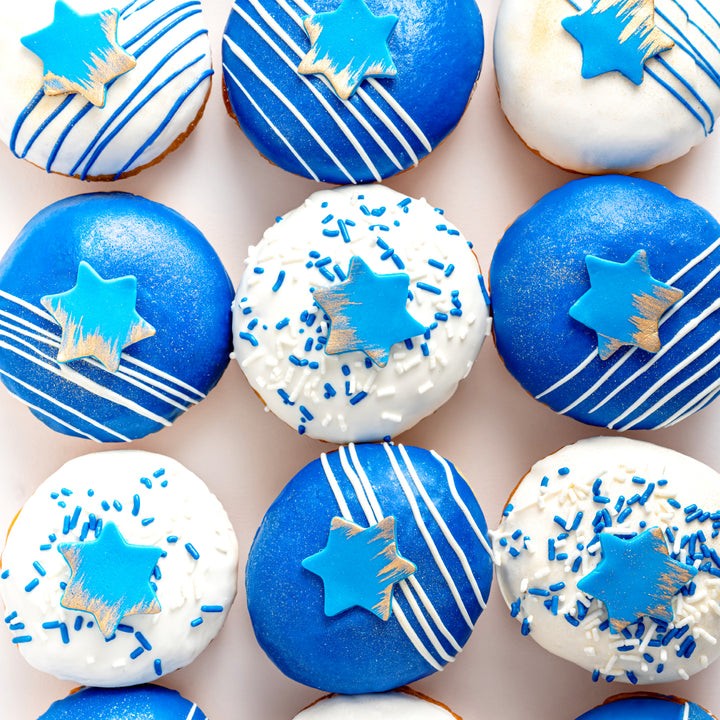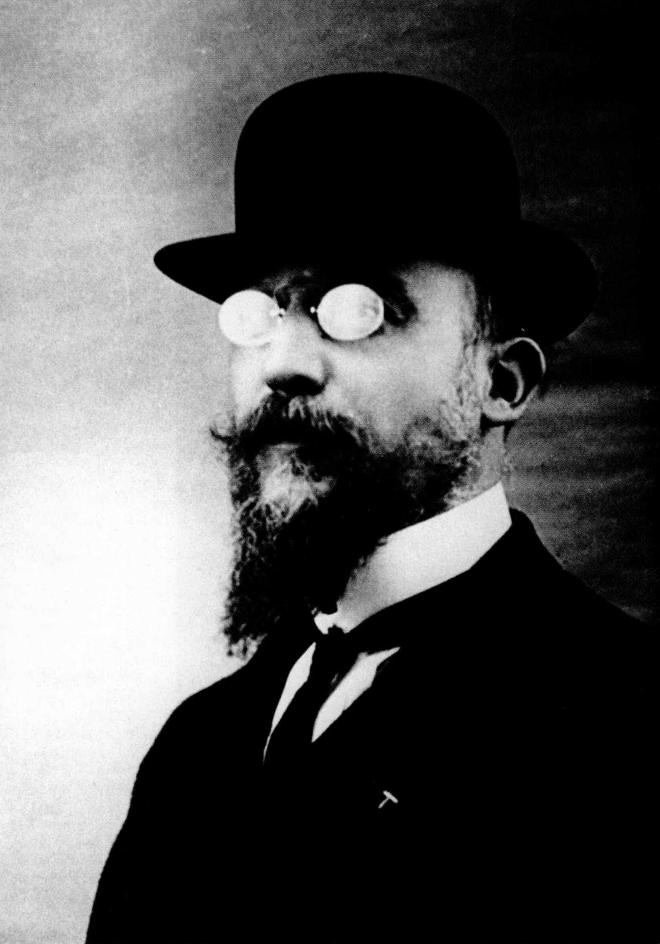Category Essays
Essays, thoughts, musings, rants, shiny objects stolen from the outside world to distract, inform, provoke, incite and inspire.
Amanda Miller – Essay

I brought Astro back to the car and told Matt. Without blinking, he said, “You have to save Astro’s life,...
Anthony Mohr – Essay

Several years earlier, when I sat in traffic court, I found a woman guilty of speeding. I believed the officer,...
Shanti Ariker – Essay

Every week, no matter what, she slowly savored her donut. We remaining students were like a pack of dogs, ravishing...
Allison Cross – Essay

The sun, unrelenting now, hammers my head. Blooming white and lilac azalea flowers spill from ceramic pots that line the...
Peter J Dellolio – Essay

In contrast to Kandinsky’s intricate articulation (in both theory and practice) of the spiritual purpose of form, de Kooning’s work...
Mary Ann Dimand – Essay

There is a Zen story in which a student’s teacher has taught the student, “When drinking tea, just drink tea,”...
Mika Yamamoto-Essay

Called forth by my father’s words, the cave sprung up howling in my mind. The pine trees around it lashed...
Tony Van Witsen – Essay

When Ephron began regularly writing essays for Esquire the 1970s, she must have felt a pull toward the world of...
Edward Shaw – Essay

"Everyone will tell you that I am not a musician. That is correct. From the very beginning of my career,...
Sarah Harley – Essay

Inside my mother’s dark body, I developed lanugo and little limbs, my own fingerprints and bones. Her body recognized that...
